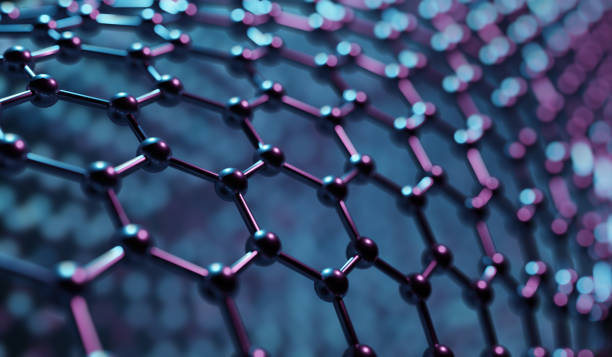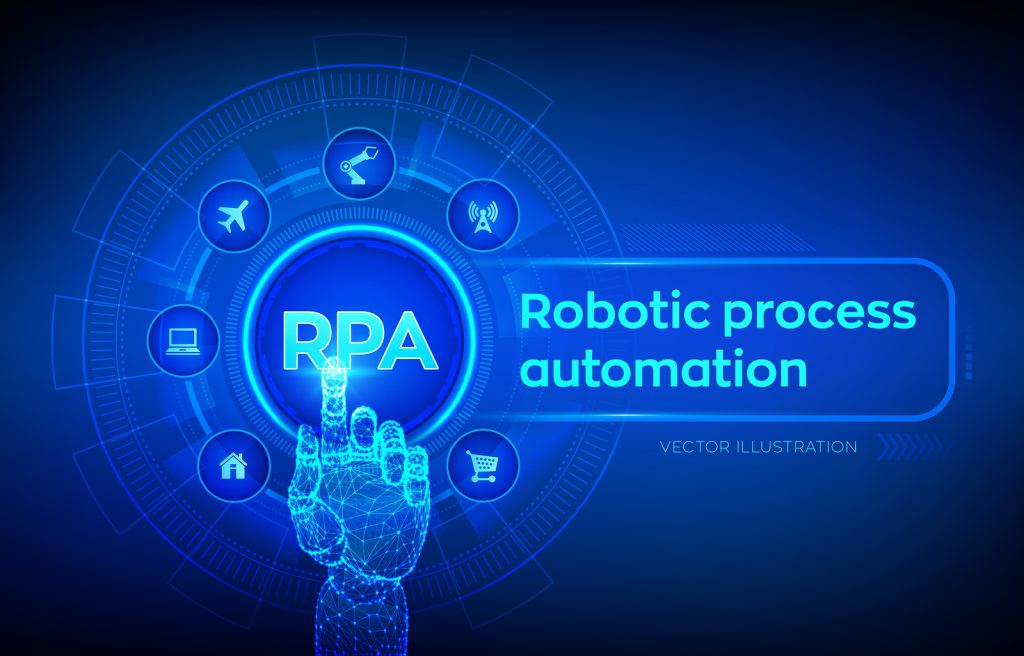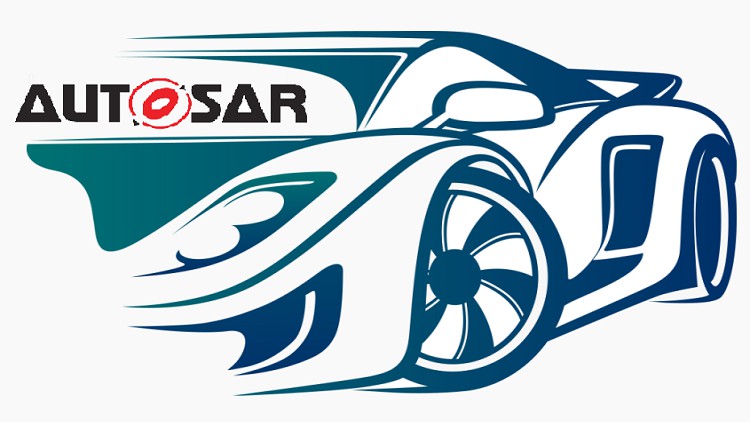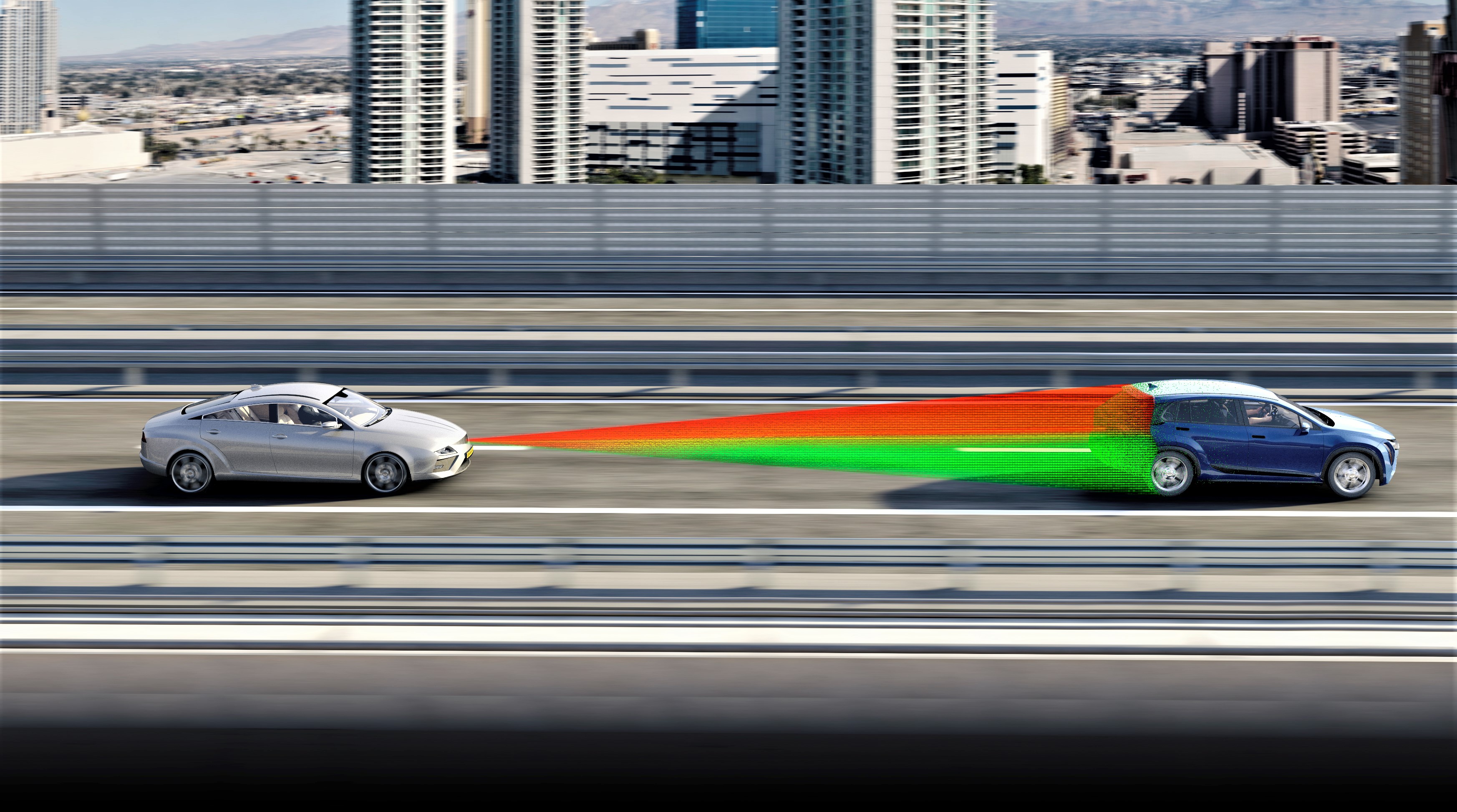Cancer diagnosis with artificial intelligence: A revolution in medicine
Published

Cancer diagnosis is a crucial step in the early detection and treatment of cancer. In recent years, artificial intelligence (AI) has taken on an increasingly important role in cancer diagnosis. In this blog post we will look at the exciting development of AI-powered cancer diagnosis and the potential revolution it represents in medicine.
What is Artificial Intelligence (AI)?
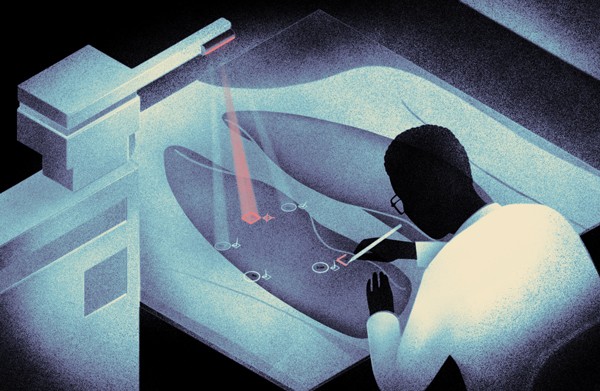
Those : nature.com
Before we focus on the application of AI in cancer diagnosis, let's take a quick look at the concept of artificial intelligence. AI refers to the ability of computers to perform tasks that normally require human intelligence. It is based on algorithms and machine learning to recognize patterns and connections in large amounts of data and gain insights from them.
The role of AI in cancer diagnosis
Imaging procedures
AI is increasingly being used in imaging techniques such as mammography, computed tomography (CT) and magnetic resonance imaging (MRI) to detect suspicious lesions and tumors at an early stage. Machine learning allows AI to identify abnormalities and help doctors make faster and more precise diagnoses.
Pathology and histological analysis
In pathology, histological analysis plays an important role in cancer diagnosis. AI-based algorithms can analyze histopathological images and detect abnormalities such as tumor cells. This can support pathologists in their work and make more precise diagnoses.
Genomic data analysis
Analysis of genomic data is another area where AI is being used in cancer diagnosis. By examining gene expression data and genetic changes, AI can identify patterns and relationships that indicate the presence of cancer. This enables personalized treatment approaches and more accurate prediction of disease progression.
Advantages and challenges of AI-assisted cancer diagnosis
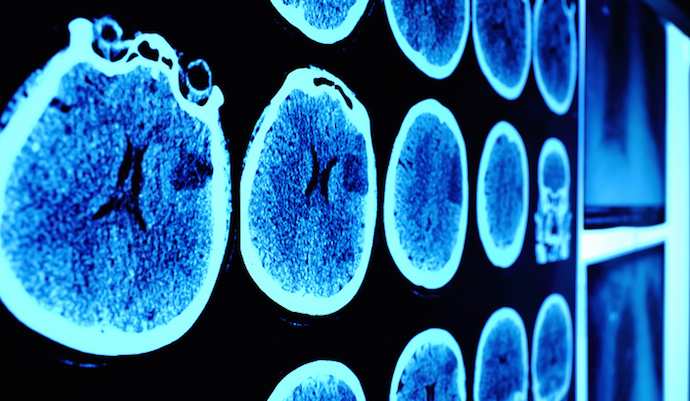
Those : healthitanalytics.com
Advantages
The use of AI in cancer diagnosis offers many advantages. These include greater accuracy and precision in detecting tumors, supporting doctors in decision-making, faster diagnosis and personalized treatment approaches. This can lead to improved patient care and better chances of survival.
challenges
However, there are also challenges to be overcome when integrating AI into cancer diagnosis. These include the quality and availability of data, the ethical aspects of data protection and patient safety, as well as the acceptance and trust of doctors in AI systems. In addition, algorithms must be regularly updated and validated to ensure high performance and reliability.
Outlook and future prospects
AI-assisted cancer diagnosis is a rapidly developing discipline in medicine. Advances in AI technology and the availability of large amounts of data are opening up new possibilities for the early detection and treatment of cancer. In the future, AI systems could make even more precise diagnoses, recommend personalized therapies and support doctors in decision-making. Additionally, integrating AI into clinical practice could lead to improved efficiency and effectiveness of cancer treatment.
Conclusion
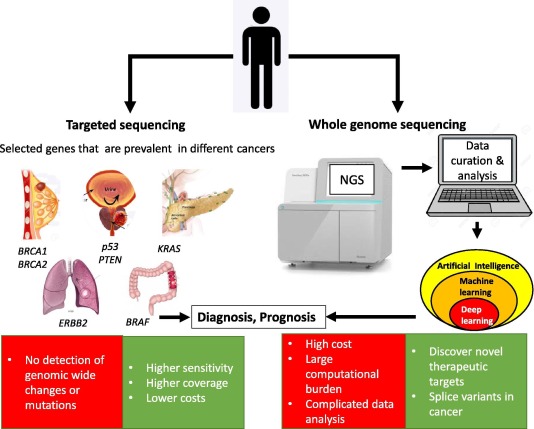
Those : sciencedirect.com
AI-assisted cancer diagnosis is a promising development in medicine. By using AI algorithms in imaging, histological analysis and genomic data analysis, doctors can make more precise diagnoses and pursue personalized treatment approaches. This can lead to improved patient care and better chances of survival. However, there are still several challenges to be overcome before AI systems can be widely used in cancer diagnosis. However, with further research and development efforts, AI-assisted cancer diagnosis will continue to advance and make an important contribution to combating cancer.
